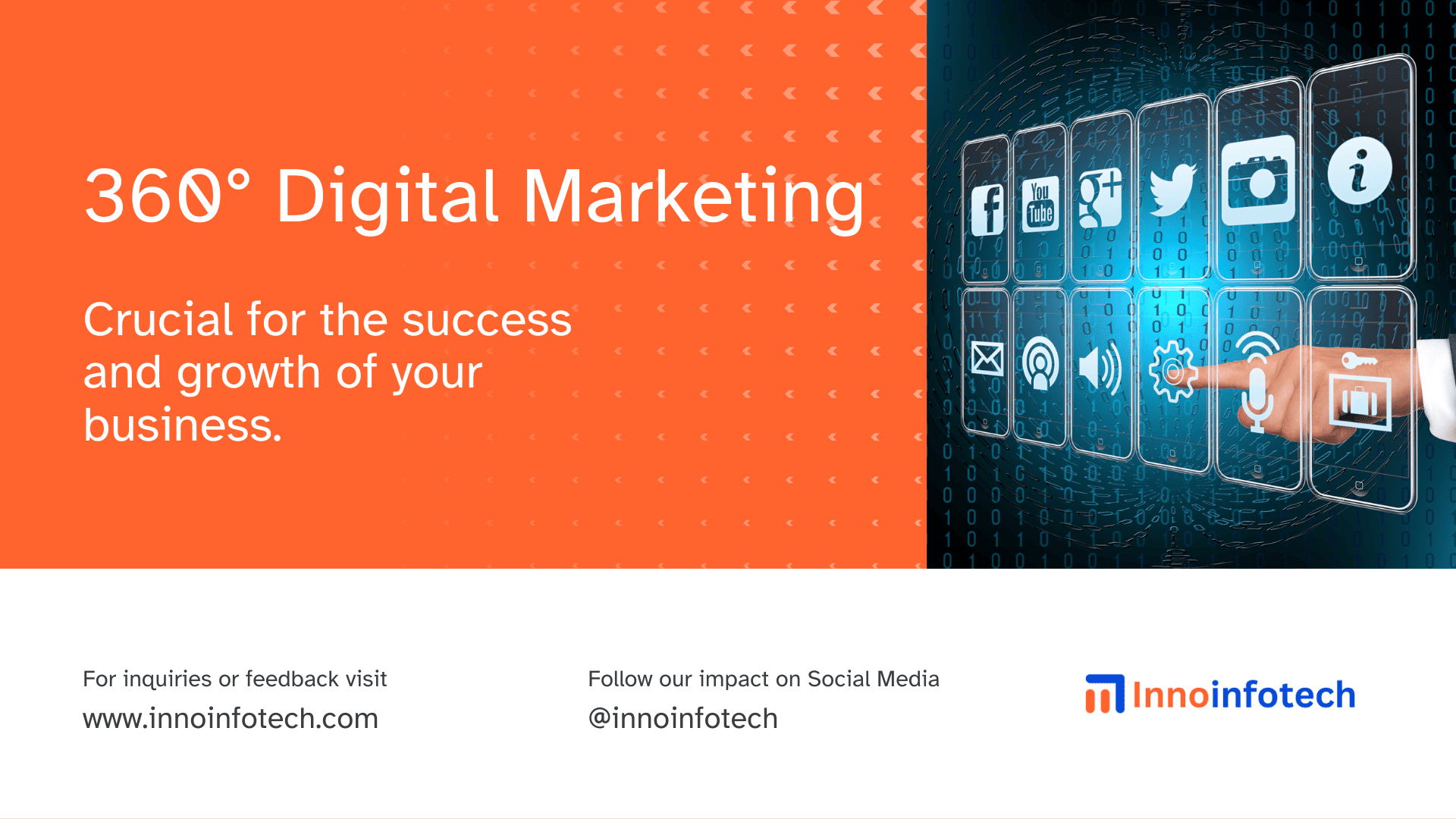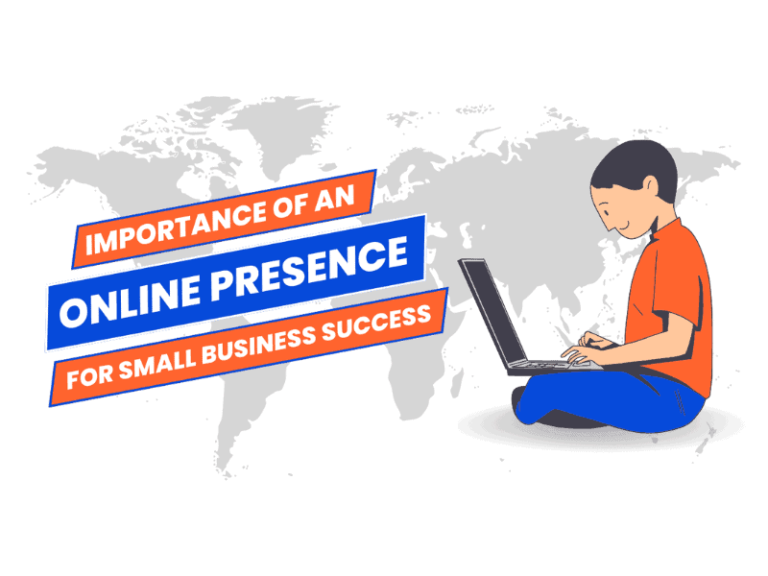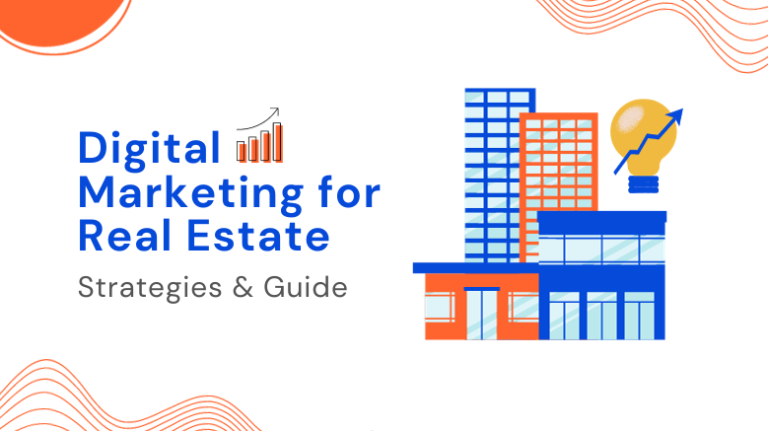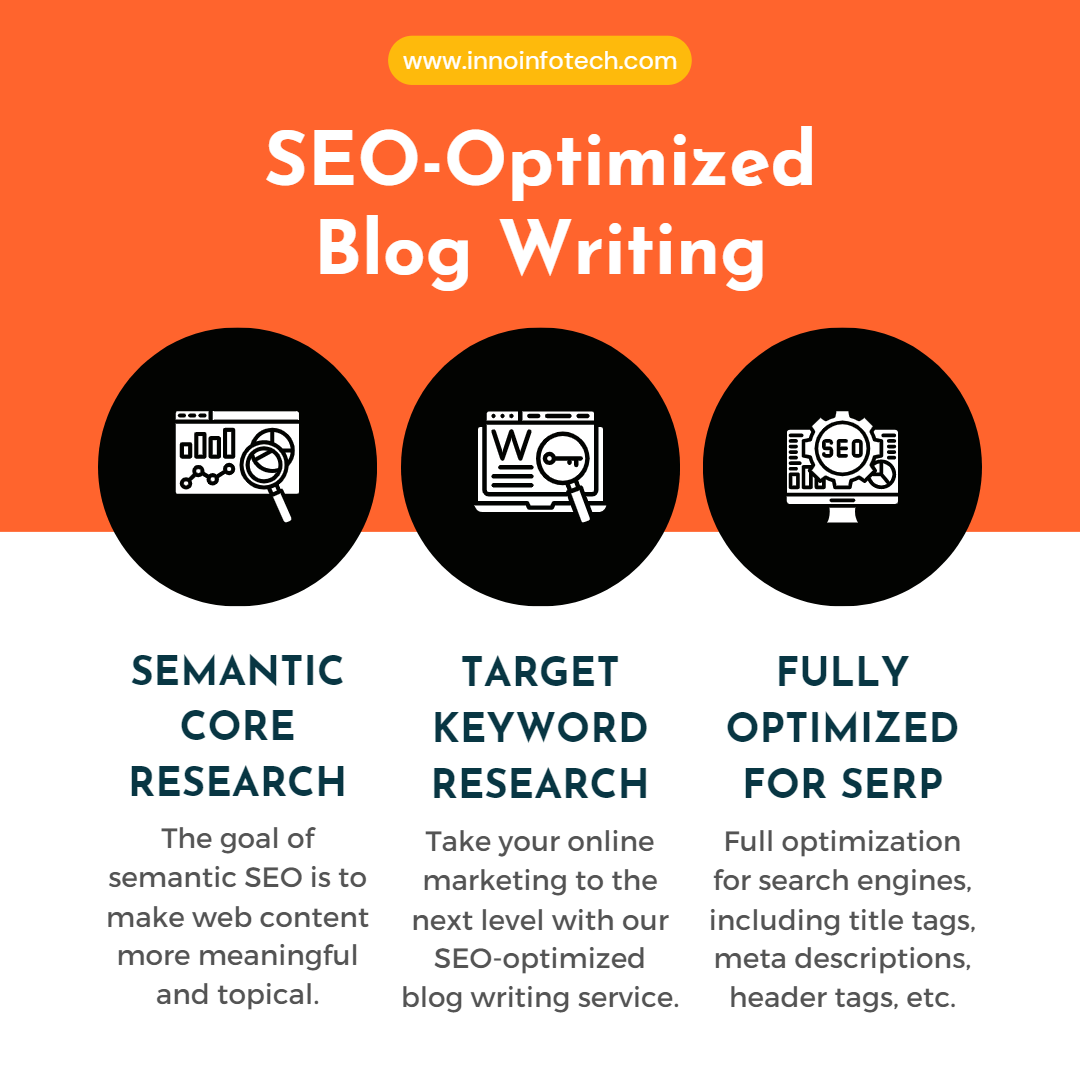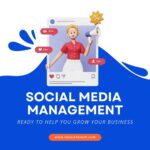There are constant changes and advancements in the digital world.
Businesses are constantly seeking innovative ways to enhance their online presence.
One such strategy that has gained immense popularity is 360-degree digital marketing.
In this blog post, we will explore the comprehensive approach of 360 digital marketing and how it can elevate your business to new heights.
Understanding 360-Degree Digital Marketing:
360 digital marketing is not just a buzzword; it’s a holistic strategy that covers every facet of your online presence.
From SEO and social media to content marketing and analytics, this approach ensures that no stone is left unturned in the pursuit of a robust digital strategy.
Key Components of 360-Degree Digital Marketing:
Search Engine Optimization (SEO):
Delve into the world of SEO, optimizing your website to climb the search engine rankings and attract organic traffic.
Identify and integrate relevant keywords to enhance visibility.
Social Media Marketing (SMM):
Harness the power of social media platforms to engage with your audience, build brand awareness, and drive traffic.
Tailor your content to suit the nuances of each platform.
Content Marketing:
Craft compelling and informative content that resonates with your target audience.
Utilize blog posts, videos, infographics, and other formats to establish your brand as an authority in your industry.
Email Marketing:
Develop targeted email campaigns to nurture leads, promote products, and foster customer loyalty.
Personalize your messages for a more impactful connection.
Pay-Per-Click (PPC) Advertising:
Explore the benefits of PPC advertising on platforms like Google Ads.
Craft compelling ad copies, target specific keywords, and monitor campaign performance to maximize ROI.
Influencer Marketing:
Understand the impact of influencer marketing on building brand credibility.
Identify influencers in your niche, collaborate for authentic endorsements, and leverage their reach to expand your audience.
Analytics and Data Analysis:
Dive into the world of analytics to gain valuable insights into user behavior.
You can use tools such as Google Analytics to monitor the flow of visitors, evaluate user engagement, and measure conversion rates on your website.
Data-driven decisions can significantly enhance your digital strategy.
Mobile Marketing:
Explore mobile marketing strategies, including mobile apps, SMS campaigns, and location-based marketing.
With the majority of users accessing content on mobile devices, optimizing for a seamless mobile experience is crucial.
Website Optimization:
Delve deeper into website optimization techniques.
Conduct A/B testing for different elements, optimize page load speed, and ensure a user-friendly interface.
A well-optimized website contributes to a better user experience and search engine rankings.
Online PR and Reputation Management:
Discuss the importance of online PR in shaping a positive brand image.
Address negative reviews promptly, engage with your audience on social media, and proactively manage your online reputation.
Tips for Successful Implementation:
Keyword Research:
Conducting thorough keyword research is important to identify the most relevant terms for your business. Integrate these keywords naturally into your content, headers, and meta tags.
Quality Over Quantity:
Prioritize quality content over quantity. Ensure your blog posts provide value, answer questions, and meet the needs of your audience.
Mobile Optimization:
With the increasing use of mobile devices, optimize your website for mobile users.
A responsive design positively impacts search rankings and enhances the user experience.
Visual Content:
Make the content visually appealing by adding images, infographics, and videos. Visual content not only enhances the user experience but also encourages social sharing, contributing to improved SEO.
Internal and External Linking:
Implement a strategic linking strategy within your content.
Internal links improve website navigation and user engagement, while external links to authoritative sources boost your content’s credibility.
Long-Form Content:
Consider creating long-form content that thoroughly covers a topic.
Google tends to favor in-depth, comprehensive articles, providing more value to readers and increasing your chances of ranking higher in search results.
Conclusion:
The digital landscape is constantly changing and shaping the way we interact, communicate, and do business.
Embracing a 360-degree digital marketing approach is the key to staying ahead in the competitive online landscape.
This comprehensive strategy encompasses a multitude of synergistic elements, including SEO, social media, content marketing, PPC advertising, and more.
By integrating these components, businesses can forge a robust online presence that not only attracts but also engages and retains their target audience.
Unlocking the full potential of your online presence requires a cohesive and effective digital strategy. Incorporating SEO ensures visibility on search engines, while social media engagement builds brand awareness.
Content marketing establishes your brand as an industry authority, and PPC advertising provides targeted exposure. Each element works in harmony, creating a seamless online experience for your audience.
Remember, success in digital marketing is an ongoing process. Stay flexible, adapt your strategy to changing trends, and remain informed about industry developments. Just as the digital landscape evolves, so should your approach. Stay creative, leverage emerging technologies, and watch your business flourish in the digital era.
In conclusion, the journey of digital marketing is dynamic and exciting. By integrating SEO, social media, content marketing, and other crucial components, your business can navigate this landscape with confidence.
Unlock the potential of your online presence, and as you adapt to changing trends, witness your brand thrive in the ever-evolving digital era.
